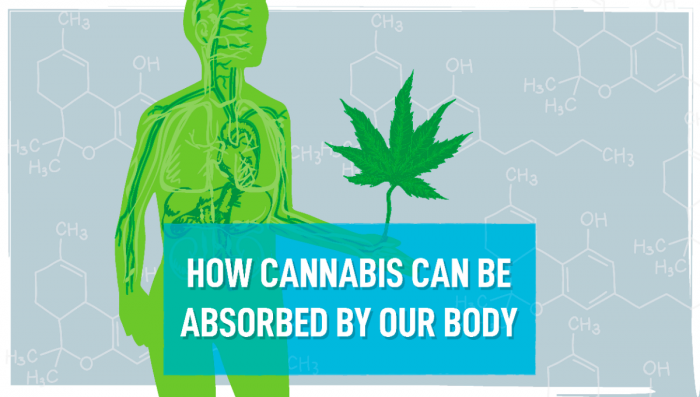Independent Lab Tests Show Cannabis Can Successfully Kill Breast Cancer Cells

Recent research conducted with metastatic triple-negative breast cancer cells has successfully killed this type of cells with medical cannabis formulations in 3D cultures. The company claims that the findings come just a month after they discovered the medical cannabis formulations were successful in killing HER2+ cancer cells in laboratory testings, this type of cells, which are present in the most aggressive form of breast cancer, accounts for more than 20% of all cases.
Many Years Of Research
According to the experts, there has been a huge interest in finding new alternatives to the medications currently used to treat triple-negative breast cancer for several years now. The latest research under a partnership between Aion Therapeutics Inc and Apollon Formularies PLC has shown exceptional results in killing this type of cancer cell which accounts for 1/5 of all breast cancer cases. The tests were made by BIOENSIS, a testing laboratory based in The US while the medical cannabis formulations were produced by Apollon Formularies in Jamaica.
Apollon scientists say that cannabinoids have shown to have anti-tumor effects, including killing cancer cells, inhibiting cell growth, and tumor metastasis.
How The Cannabis Formulations Were Made
By using artificial intelligence to analyze different cannabis strains and their chemical components, the company has been able to grow, process its medical cannabis strains, and manufacture products with a focus on treating cancer. The company is excited to show that the results were validated by laboratory testing, and claims it’s now confirmed that their cannabis formulations have killed both HER2+ and cancer cells in 3D cell cultures through cytotoxicity.
MEDICAL DISCLAIMER
The content provided is for educational purposes only. The information given is derived from scientific research gathered from external sources.









Comments